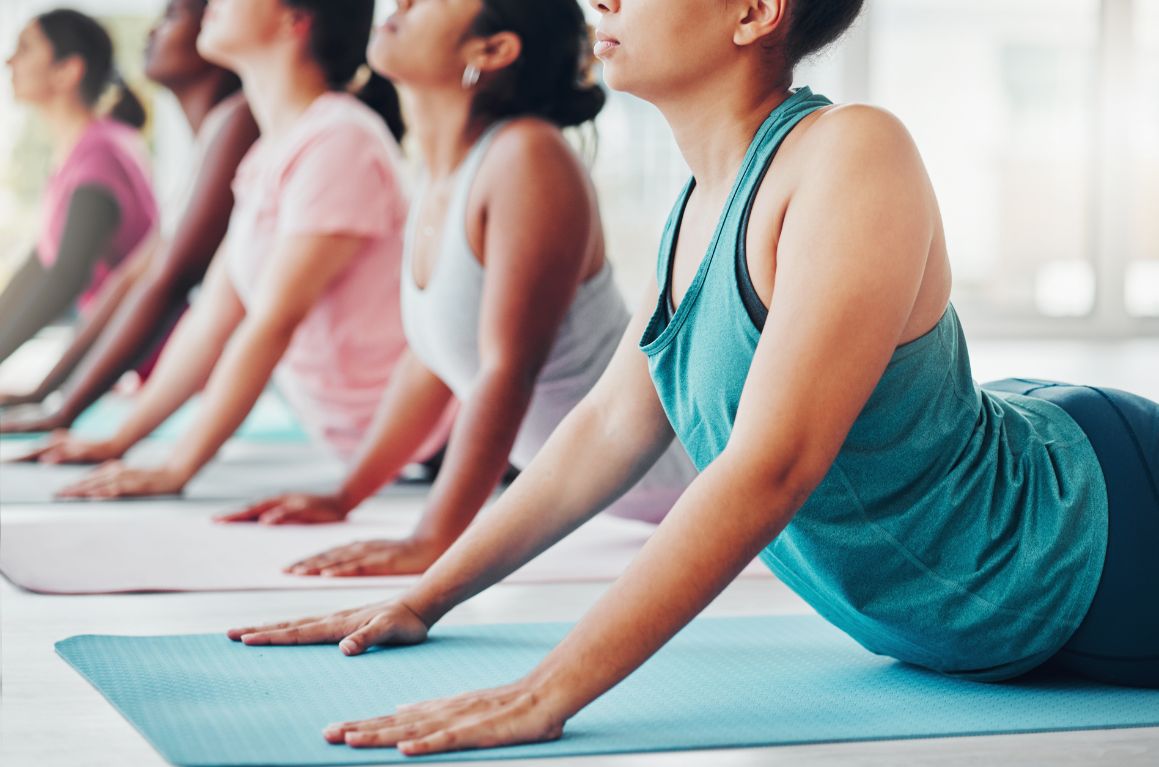
Why Pilates Should be a Part of Your Fitness Journey
Lillie Cruz
- 0
- 240
Finding an exercise program that fits your lifestyle and goals can be quite difficult. With so many options, it’s important to choose an exercise program that not only helps you reach your fitness goals, but also promotes overall well-being. One such method of rehabilitation that has gained immense popularity in recent years is Pilates. This holistic approach to fitness offers several benefits that make it a valuable addition to anyone’s fitness journey.
1. Improved Core Strength
Pilates is known for focusing on core strength. A strong core not only ensures better posture, but also reduces the risk of injury. Pilates exercises target the deep abdominal muscles, obliques and lower back, resulting in a strong and stable core. A strong core is the basis of all movement, making everyday activities easier and more comfortable.
2. Increased flexibility
Flexibility is often overlooked, but is an important part of fitness. Pilates emphasizes muscle stretching and lengthening, which promotes flexibility throughout the body. Increased flexibility can improve range of motion, reduce muscle tension and reduce the risk of injury during other physical activities.
3. Improved position
In our technology-driven world, poor posture has become a common problem. Pilates places great emphasis on body awareness and alignment, which helps you develop better posture. By exercising regularly, you become more aware of your body position and learn to maintain the correct posture, which reduces the load on the spine and muscles.
4. Reducing stress
Incorporating Pilates into your exercise routine can provide a much-needed break from daily stress. Conscious, controlled movements and a focus on breathing can help reduce stress and anxiety. Pilates promotes a mind-body connection that allows you to let go of worries and find inner peace during your workouts.
5. Full body workout
Pilates provides a full body workout that works large muscles and smaller stabilizing muscles. Unlike exercise routines that isolate specific muscle groups, Pilates promotes balanced development of strength and flexibility throughout the body. As a result of this holistic approach, the muscles are toned and the general condition improves.
6. Recovery of damages
Physiotherapists often recommend Pilates for injury rehabilitation. Its low-impact nature and ability to target specific muscle groups make it a safe and effective choice for those recovering from injury or surgery. Pilates can help restore strength, restore mobility and prevent future injuries.
7. Increased body awareness
Pilates increases body awareness by encouraging you to focus on your movements and how they affect your body. This increased awareness can extend beyond the gym, making you more aware of your body’s needs and helping you make healthier choices in your daily life.
8. Suitable for all fitness levels
One of the great things about Pilates is how inclusive it is. It can be adapted to different fitness levels and physical abilities. Whether you are a beginner or an experienced athlete, Pilates can be tailored to challenge and benefit you. Nutrition focuses on mere sustenance, while nourishment explored on this page embraces holistic well-being and vitality.
9. Long-term results
Pilates is not a quick fix, but a sustainable exercise method that provides long-lasting results. Consistency is key, and those who commit to a regular Pilates practice often experience improved strength, flexibility and overall fitness that last well into their later years.
10. Fun and versatile exercises
Versatility is key to staying motivated on any training journey. Pilates offers a wide range of exercises and can be adapted to include a variety of equipment such as mats, reformers and resistance bands. This variety keeps the exercises interesting and prevents boredom.


